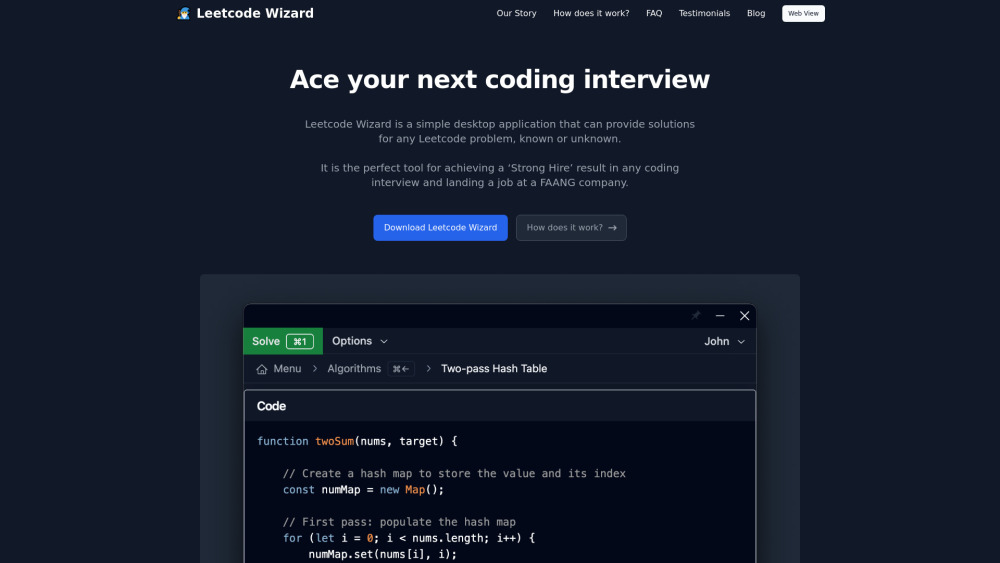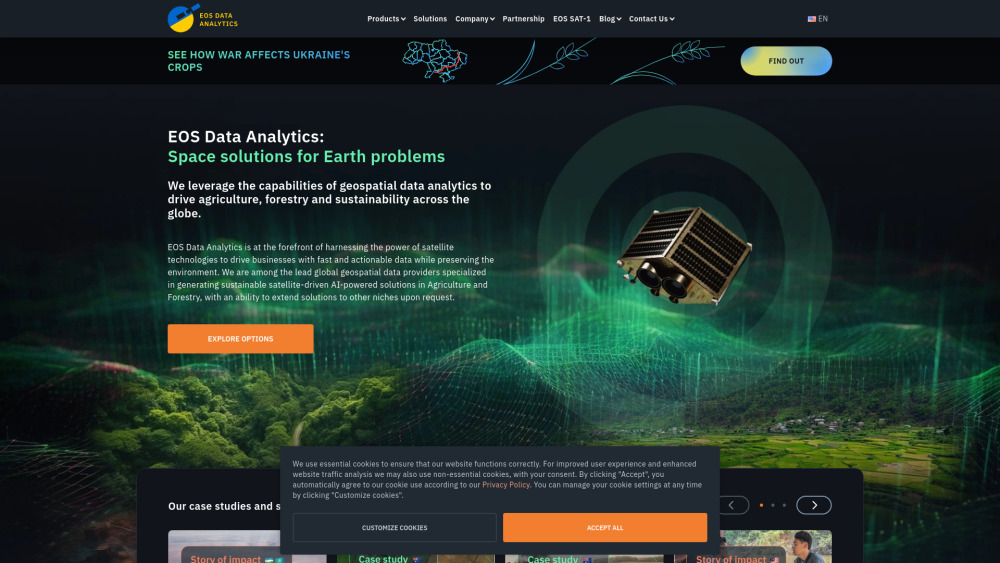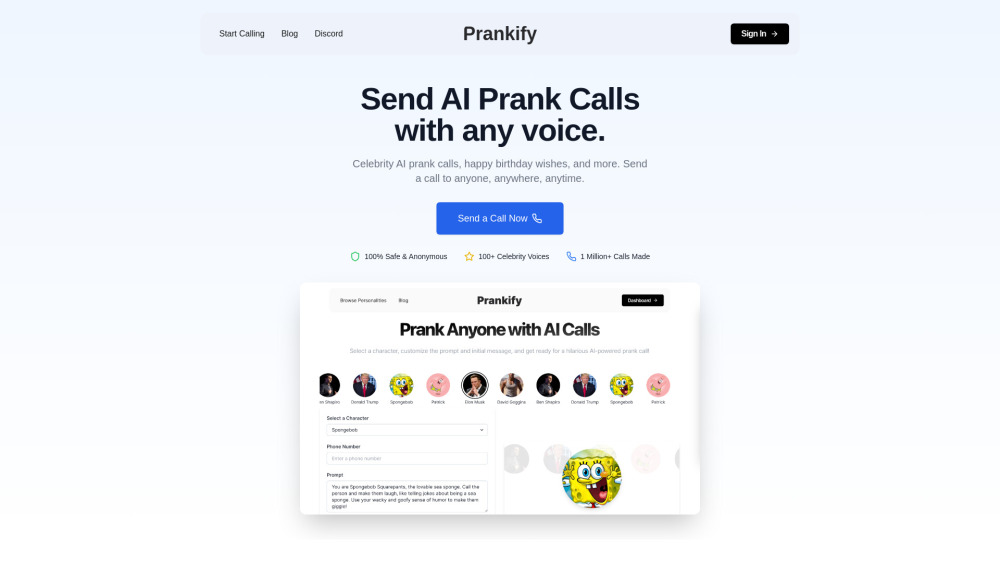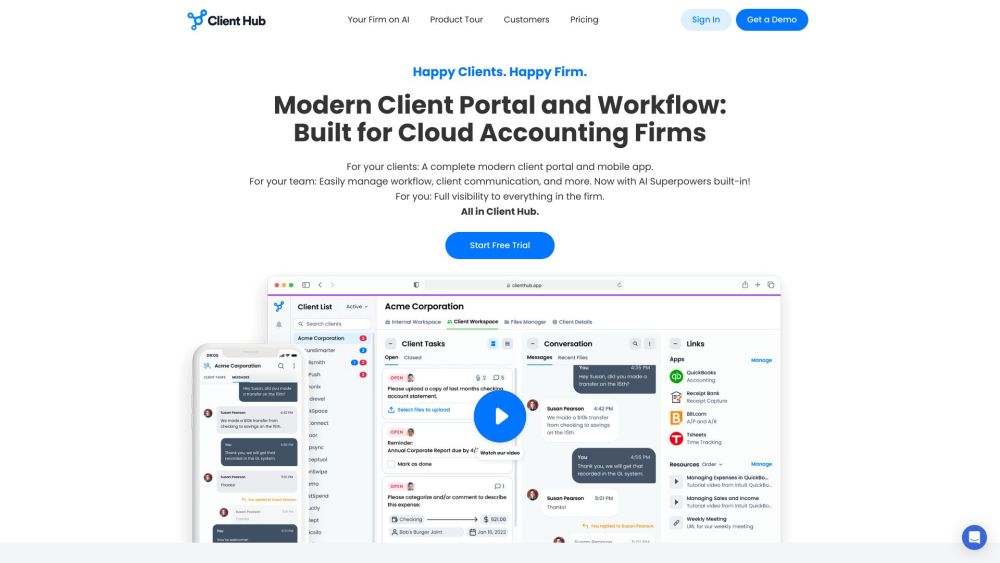Many healthcare professionals are bogged down by paperwork, resulting in less time for patient care. Based in Melbourne and aiming for global expansion, Heidi Health is revolutionizing the administrative workload by leveraging AI technology to transform consultation transcripts into essential documents such as case histories, referral letters, and financial forms. This innovation not only enhances the clinical histories for both providers and patients but also maximizes the value of each visit.
Heidi Health has secured $10 million AUD (approximately $6.4 million USD) in Series A funding. This round, led by Blackbird Ventures, also saw contributions from Hostplus, Vesta, Wormhole Capital, Archangel Ventures, Possible Ventures, and Daniel Ventures.
Previously known as Oscer, Heidi is now utilized by over 100 general practitioners across about 30 clinics in Australia. Founded in 2021 by vascular surgeon Dr. Thomas Kelly, along with co-founders Waleed Mussa and Yu Liu, Heidi directly addresses the issue of GP shortages in Australia, which, like many other nations, is facing a growing deficit. Physicians are not only overworked but also spend an alarming amount of time on administrative tasks; one study indicated that doctors devote twice as much time to paperwork as they do to patient consultations, contributing to overwhelming burnout levels.
Dr. Kelly, having spent time in an outpatient clinic that serviced 60 to 70 patients in just 30 time slots, reflects on this challenge: “Most of my time as a clinician was taken up with administrative duties, rather than applying the knowledge I gained in medical school. I was constantly filling out forms related to billing, payments, and claims, creating different referrals and summaries, and enduring lengthy calls with insurance companies—navigating through the bureaucracy of the healthcare system."
Building "Memory Banks"
In 2017, Dr. Kelly, along with Mussa and Liu, recognized the potential of ChatGPT-2 to alleviate some of these burdens by automating tasks such as documentation and guideline retrieval. “There are many horror stories that I think Heidi could help prevent,” Dr. Kelly explains, illustrating the urgency of timely diagnoses. For instance, he notes instances where patients required amputations because of delayed diagnoses stemming from long consultation wait times. By streamlining administrative tasks, Heidi aims to reduce these delays and proactively alert doctors to critical conditions. The AI-driven platform also facilitates the sharing of clinical histories among providers for enhanced care coordination.
Heidi captures consultations, analyzes the transcriptions, generates clinical notes, and offers prompts, such as "Have you considered a vascular condition?" It relates a patient’s new symptoms to past visits and flags urgent cases. This system builds comprehensive patient histories, referred to by Dr. Kelly as "memory banks.” “We aspire to evolve our product into a contextual resource for every patient visit,” he shares.
A key feature called My Additions allows clinicians to annotate transcripts during recordings, making it easier to note critical information without discussing it with patients directly, such as observations about their appearance. Post-recording, clinicians can use these valuable transcripts to create necessary documentation like medical certificates and referral letters.
Heidi also enhances the patient experience. Prior to appointments, clinicians send patients a link to a questionnaire to gather insights about their health issues, allowing for a more in-depth examination without the stress of time constraints. Dr. Kelly has articulated plans for patients to maintain their health records, making them accessible for future consultations or sharing with other healthcare providers.
Recently, Heidi launched an AGI (artificial general intelligence) product, Heidi for Clinicians, which automates various administrative tasks, including patient histories, ward round lists, clinical audits, clinical notes, and discharge summaries for billing and referrals.
The company is focused on expanding its suite of products centered around clinical histories, aiming to equip doctors with insights into how symptoms have evolved over time, and identifying patients requiring follow-up evaluations.
Heidi is adaptable, offered as both an off-the-shelf product and a white-label solution. For larger healthcare systems, it can integrate seamlessly with management software like Epic or Athena, catering to needs such as chat-based consultations and telehealth services. Doctors can easily access Heidi’s platform from its website to initiate recordings. Its user base ranges from small clinics with just a few practitioners to larger networks with 50 to 250 clinics.
The startup’s primary target audience is varied clinicians, particularly general practitioners who face considerable workloads. "In the past, patients could walk into a GP practice and receive immediate care. Now, many practices have significant out-of-pocket costs and extended appointment wait times," explains Dr. Kelly. "This growing demand underscores the need for Heidi, as GP shortages continue to rise."
Nuanced Medicine
The founders began training Heidi’s AI in 2019 while Dr. Kelly continued his surgical practice. They created a proprietary medical knowledge graph for quality control and to prevent errors. By consulting with healthcare professionals, they established relevant symptoms and conditions and how these interrelate, collecting data from consultations to fine-tune Heidi’s algorithms for patient history taking.
"What we believe is that true medical expertise cannot be distilled from general information available online. Much of it lacks the nuanced understanding needed for effective healthcare," remarks Dr. Kelly. "We aim to enhance our algorithms by training them on customized medical data that fosters unique insights only achievable through Heidi’s extensive dataset."
To protect patient privacy, Heidi asks both doctors and patients to opt-in if they wish to share their data for AI training purposes. Continuous monitoring and quality assurance processes are in place, consisting of 10,000 evaluations to ensure no personal medical information is disclosed.
Competitors like Abridge, Nabla, Microsoft-owned Nuance, and Suki are all in the field of medical transcription, primarily focusing on voice-to-text technology with a heavy emphasis on accurate medical terminology. However, Kelly believes Heidi’s strength lies in its ability to derive contextual meaning beyond mere transcription, enabling a richer understanding of patient histories.
“The goal is to create a sophisticated platform for clinicians that feels seamless and intuitive—like aNotion for healthcare—with features that enhance user experience, such as My Additions and clinical memory,” asserts Dr. Kelly. “This is where the real competitive edge lies, beyond basic functionality.”
In light of its recent funding, Heidi is poised for rapid expansion, aiming to broaden its outreach within Australia and internationally. Dr. Kelly mentioned that Heidi is nearing partnerships with primary healthcare networks in Texas and a similar entity in the U.K.
In a statement, Blackbird Ventures general partner Michael Tolo stressed, “We urgently need a sustainable solution to cultivate the most valuable asset in our healthcare system—clinicians. Heidi’s AI enables healthcare providers to focus more on patient care rather than administrative tasks, strengthening the essential doctor-patient relationship.”




